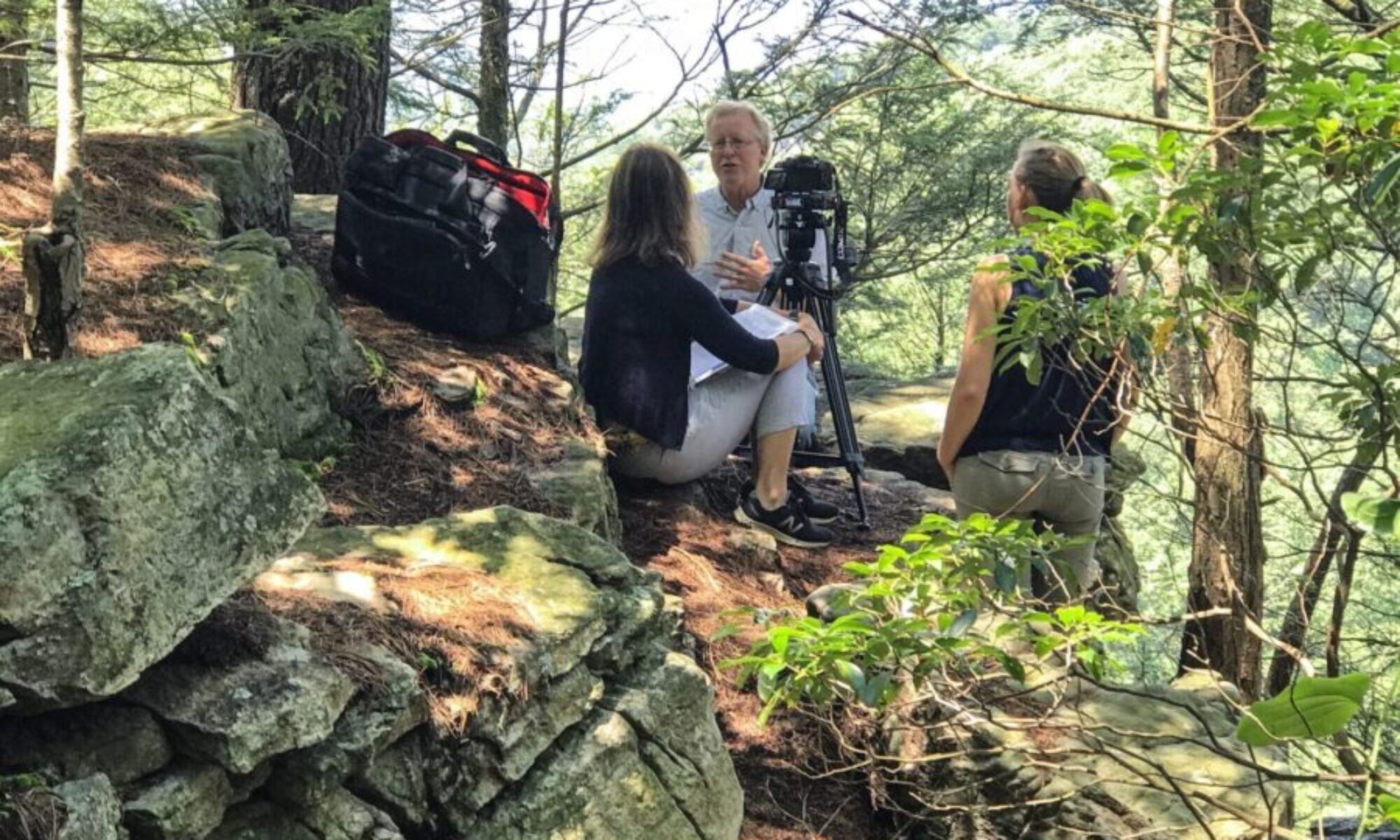Roughly 44 percent of Californians smoked tobacco in 1965. By 2010, 9.3 percent did—a shift that might have seemed impossible before it happened. Understanding exactly how such a social transformation occurred in the past may prove key to understanding how individuals might alter their behavior to help combat climate change in the future.
By studying past instances of social transformation, scientists at Lawrence Berkeley National Laboratory (LBNL) hope to predict future change in response to global warming as part of California’s Carbon Challenge—a study commissioned by the California Energy Commission to help the state cut greenhouse gas emissions by 80 percent below 1990 levels. LBNL energy technology scientist Jeffery Greenblatt and his colleagues are analyzing technology options as well as data records from 10 historical behavior changes—smoking cessation, seat belt use, vegetarianism, drunk driving, recycling and yoga, among others.
Scientists are removing some of the guesswork about how individuals will use energy in 2050 by looking at past campaigns to induce personal change and their effectiveness. See the complete article in Scientific American.
